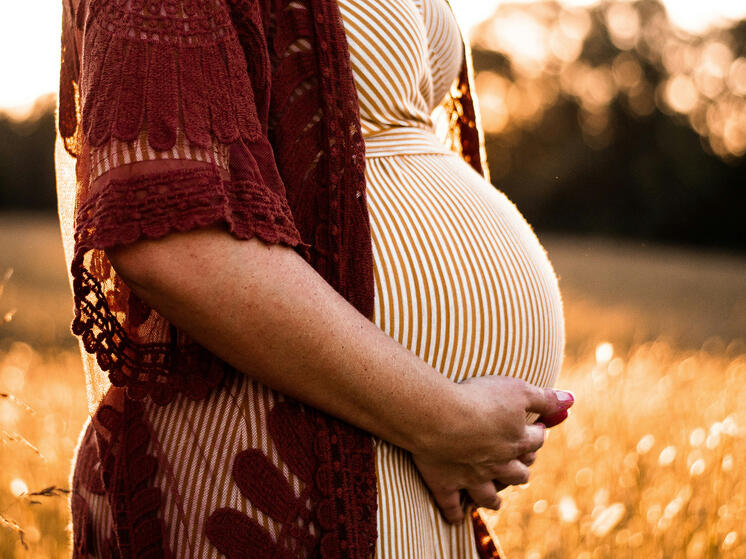The impact of extreme temperatures on infants is rarely studied
Of all the effects of climate change, extreme heat is one of the least noticed — until, in retrospect, the connection between sweltering temperatures and health consequences. A new study has found that early births become slightly more common during extended periods of heat.
 Photo: unsplash.com
Photo: unsplash.com
Like older people, pregnant women, newborns and infants are especially sensitive to the effects of extreme heat.
Epidemiologist Lindsey Darrow of the University of Nevada and her colleagues analyzed national fertility data from 1993 to 2017 for the 50 most populous metropolitan areas in the United States, a country where heat waves have become 24 percent worse and are occurring twice as often as in the 1960s.
Daily rates of preterm birth (from 28 to less than 37 weeks' gestation) and early preterm birth (from 37 to less than 39 weeks' gestation) appeared to increase slightly as the temperatures in the region, especially among lower socioeconomic groups.
Previous studies on extreme heat have linked prolonged heat to increased hospitalizations, suicides and deaths. Almost 62,000 people are estimated to have died from heat-related causes during the European summer of 2022, the region's hottest season on record. By 2080, major cities in the US and Australia could see at least four times as many deaths from rising temperatures alone, according to some estimates.
The researchers noted that access to air-conditioned housing, the ability to avoid strenuous physical work in hot conditions, and pre-existing health problems may also influence pregnant women's individual risk of heat waves.
It's not just the short-term effects that affect pregnancy. periods of extreme heat. Research shows that extended periods of above-average temperatures can also have negative effects.
A 2020 meta-analysis of 70 studies from around the world found that while the evidence linking extreme heat and preterm birth was “the strongest and most consistent,” for official heat waves, heat accumulation throughout pregnancy also increased the risk of preterm birth.
Although Darrow and his colleagues' analysis did not take into account humidity, which is a critical factor in determining how unbearable heat can be, they looked at hot days with the highest 2.5 percent of average temperatures for local areas, not just official heat waves lasting from four to seven days. They found that pregnancies in cool, dry areas would be just as difficult as those in hot, humid areas of the United States.
Epidemiologists say there are long-term health consequences for babies born prematurely due to extreme heat. , are rarely studied.
“Although the link between exposure to extreme heat and adverse pregnancy and intrauterine development outcomes is becoming increasingly clear,— indicates emergency physician Caleb Dresser, — the immediate consequences of prematurity are typically excluded from life course assessments. By not including these consequences of preterm birth in public health assessments, we are significantly underestimating the impact of heat on public health.
With this new evidence and a growing understanding of who is most vulnerable to extreme heat and how, Dresser and his colleagues say health authorities, policymakers and doctors will be better prepared to respond to heat waves.
«The increasingly clear link between heat waves and harm to pregnant women and babies is an important incentive to address the root causes of growing exposure heatwaves on us and investing in adaptive strategies to reduce their impacts at the scale of cities, neighborhoods and individual homes,” — experts conclude.























































Свежие комментарии